More than US$60 million will be invested in the establishment of at least 300 base stations across the country this year by mobile network operators as infrastructure sharing gathers momentum, a top government official has said.
Information Communication Technology (ICT) minister Supa Mandiwanzira told journalists yesterday in the capital that the major thrust would be on the base stations as well as the provision of optic fibre cable and riding on infrastructure sharing which has received substantial uptake.
"We are aligned to the expectations of His Excellency President Emmerson Mnangagwa in terms of delivering services in the shortest possible time with the immediate thrust being delivering tangible projects within the first 100 days of him assuming office. Some of the most prominent projects are the expansion of network coverage across Zimbabwe's rural areas and unserved areas. We have an initiative to build 100 base stations in unserved and underserved areas within the next 100 days.
"100 is a minimum and the process is ongoing. If we consider the fact that one base station costs between US$100 000 to $200 000 multiplied by 100 base stations by 365 days per year, you will see how much we will cover in the year, but base stations will also depend on where the stations are. At times you need to develop roads and other infrastructure. By year end I think there would be significant progress but of course it will also depend on availability of resources." he said
The development of the base stations is among some of the ministry's flagship projects in line with the government's 100-day action plan which entails erecting 100 base stations in President Emmerson Mnangagwa's first 100 days in office.
Last year, the ministry introduced the infrastructure sharing policy to boost the sector which had been struggling due to lack of adequate resources. The move was initially met with resistance, with one of the players — Econet Wireless — indicating that it needed to first recoup its investment in its EcoCash distribution network before allowing other players to share its infrastructure.
Mandiwanzira said the infrastructure policy had received overwhelming support by ICT players including those that initially resisted the policy.
"There has been a massive uptake of the infrastructure sharing even by those who had misgivings about the policy. They have now discovered that it is a very useful policy as it is cost saving and encouraging profitability for businesses, as well as foreign currency saving. If you can share the available infrastructure, why would you want to import? There is infrastructure sharing that is going on between NetOne and Telecel in terms of towers, Liquid Telecoms and ZETDC where they are laying their optic fibre cables on the power pylons as well as between Econet and TelOne," he said.
Mandiwanzira added that the other flagship project was to deliver fibre optic cables to at least 15 000 homes within the next three months, a project which is being carried out by TelOne. "We are also talking to Liquid Telecoms so that many homes will be connected to optic fibre in the shortest time possible. We believe that by 2020 more than 80 % must have aces to broadband."
Just this week, NetOne, the second largest mobile network operator by subscriber numbers, signed a US$71 million deal with one of the leading technology companies in the world, Huawei Technologies International. The funds will be applied into network expansion and modernisation, which includes, among other deliverables, the construction of 250 rural base stations that will bring mobile cellular services to the rural communities, including mobile banking services, internet connectivity and high speed data products.
- the independent
 Top Zimbabwe business executive arrested for fraud
Top Zimbabwe business executive arrested for fraud  South Africa is in serious trouble
South Africa is in serious trouble  US halts visa services for Zimbabwean nationals
US halts visa services for Zimbabwean nationals  ZSE and VFEX recover after weak 1st half
ZSE and VFEX recover after weak 1st half  Gold edges up as traders await guidance
Gold edges up as traders await guidance  Zimbabwe Agricultural Show 2025 kicks off
Zimbabwe Agricultural Show 2025 kicks off  Young Investment Professional (YIP) Graduate Programme 2019
Young Investment Professional (YIP) Graduate Programme 2019 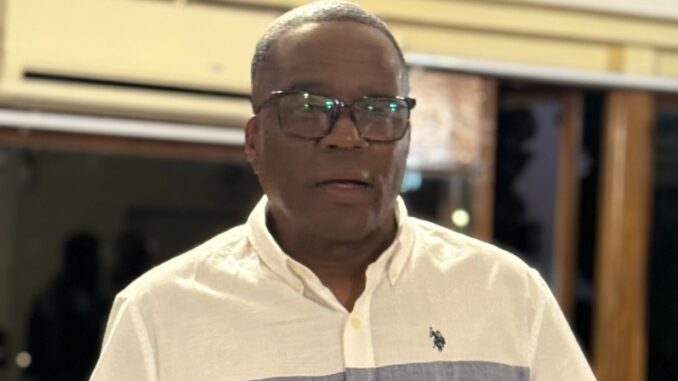
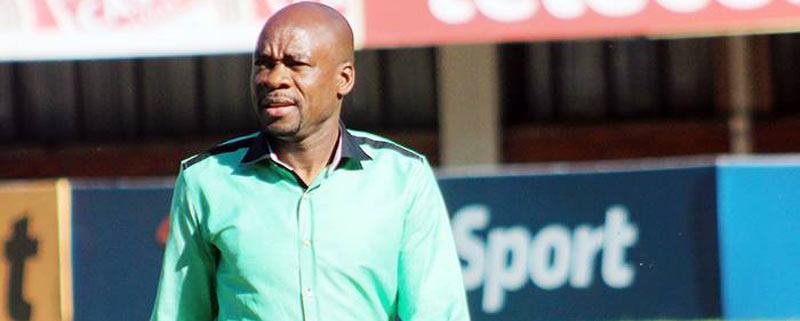
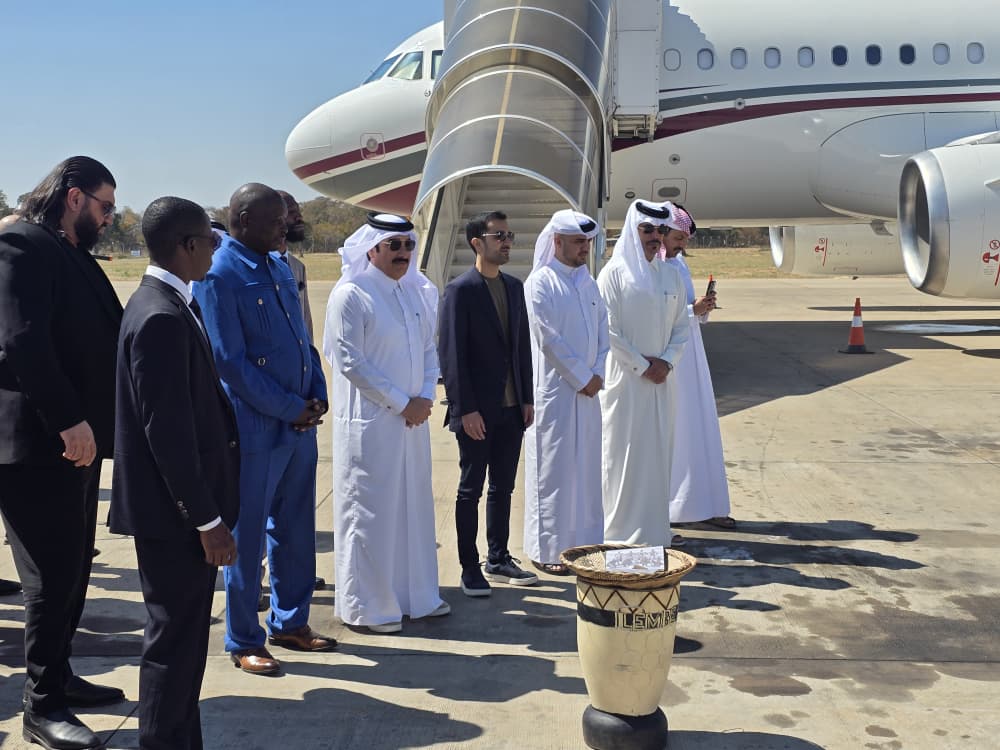
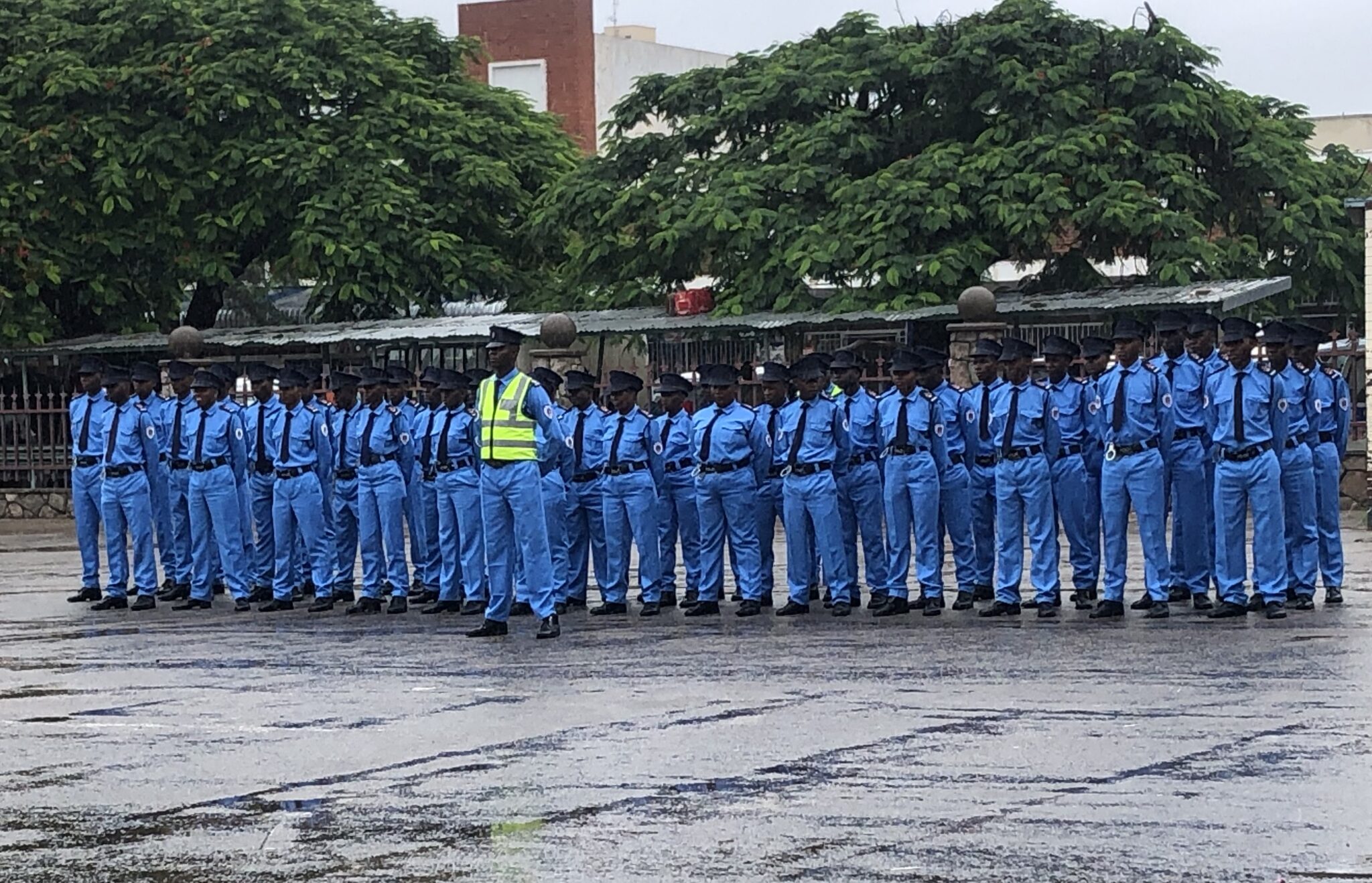
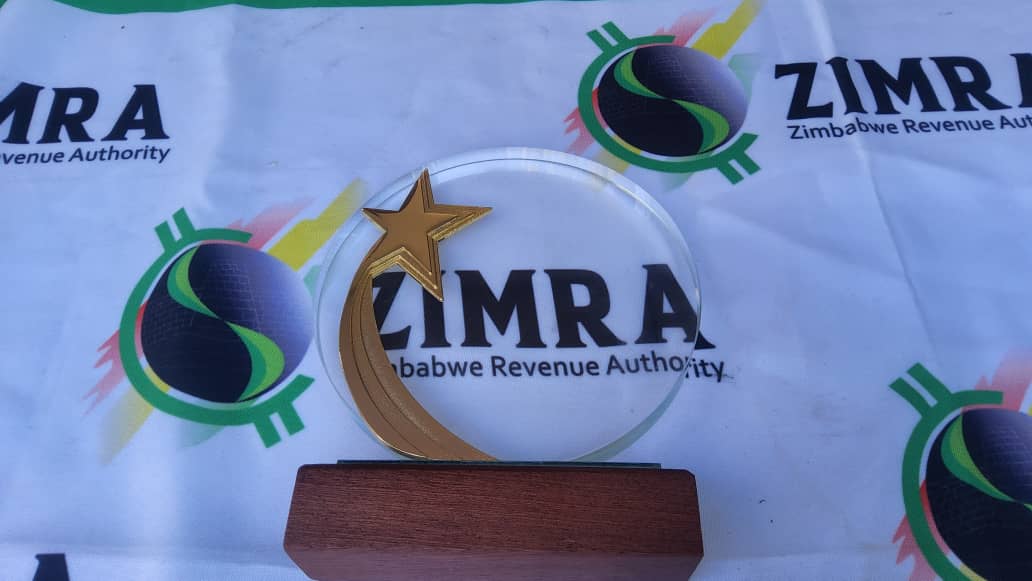
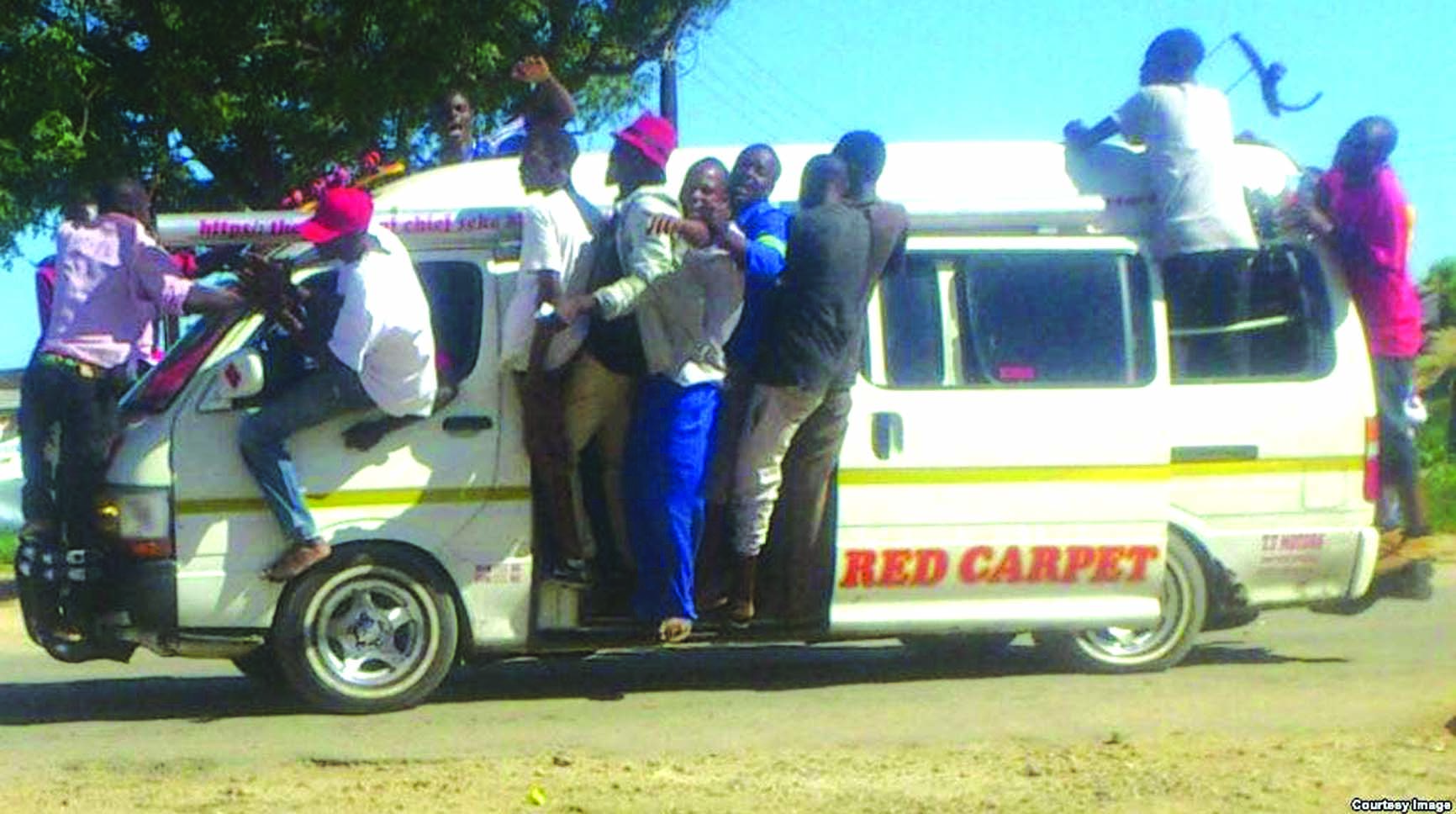
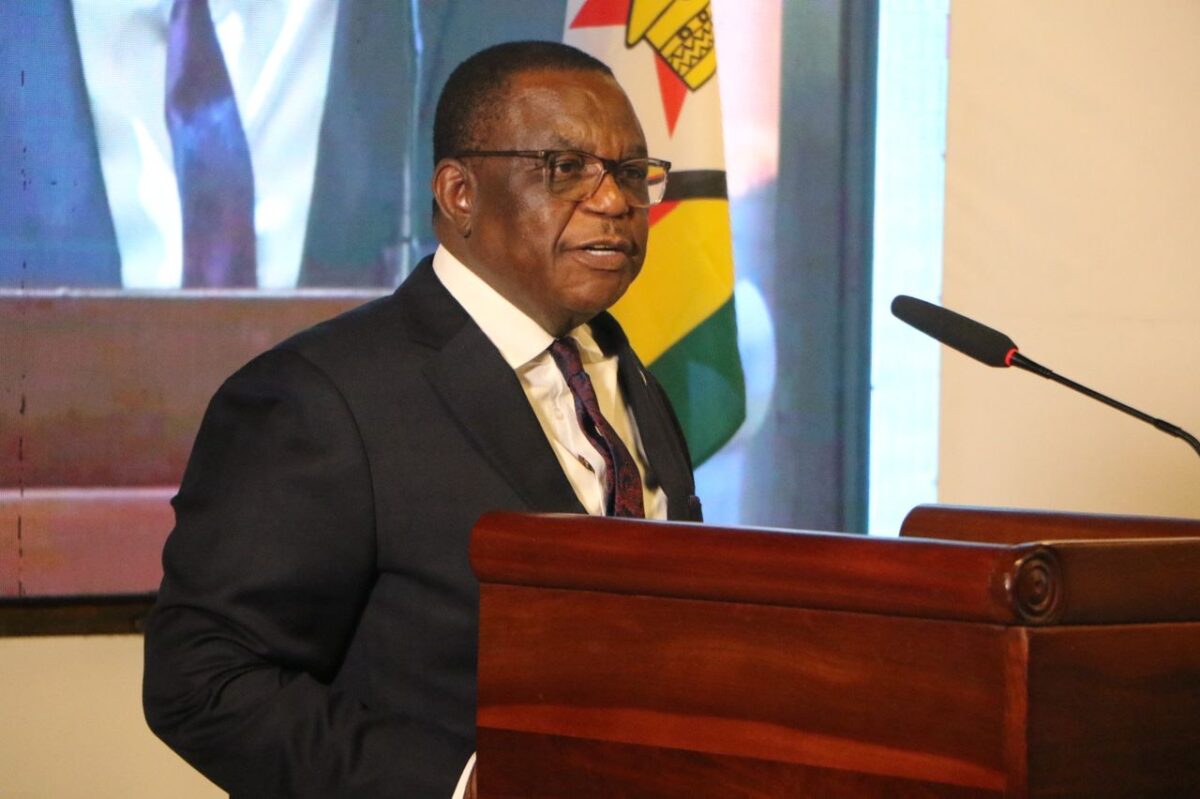

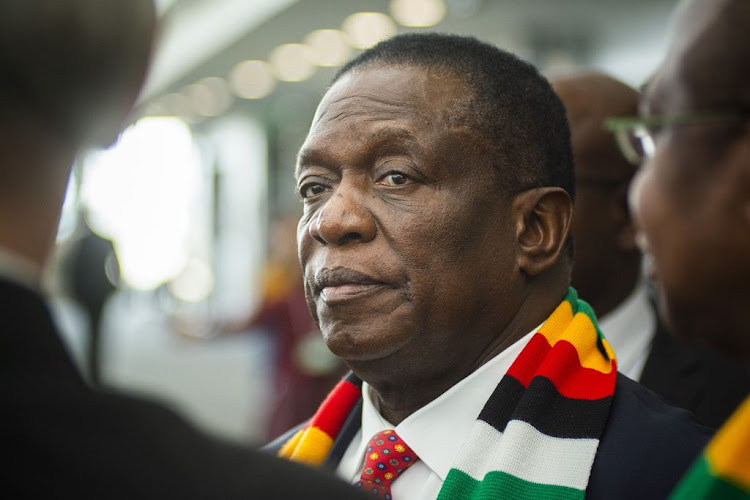

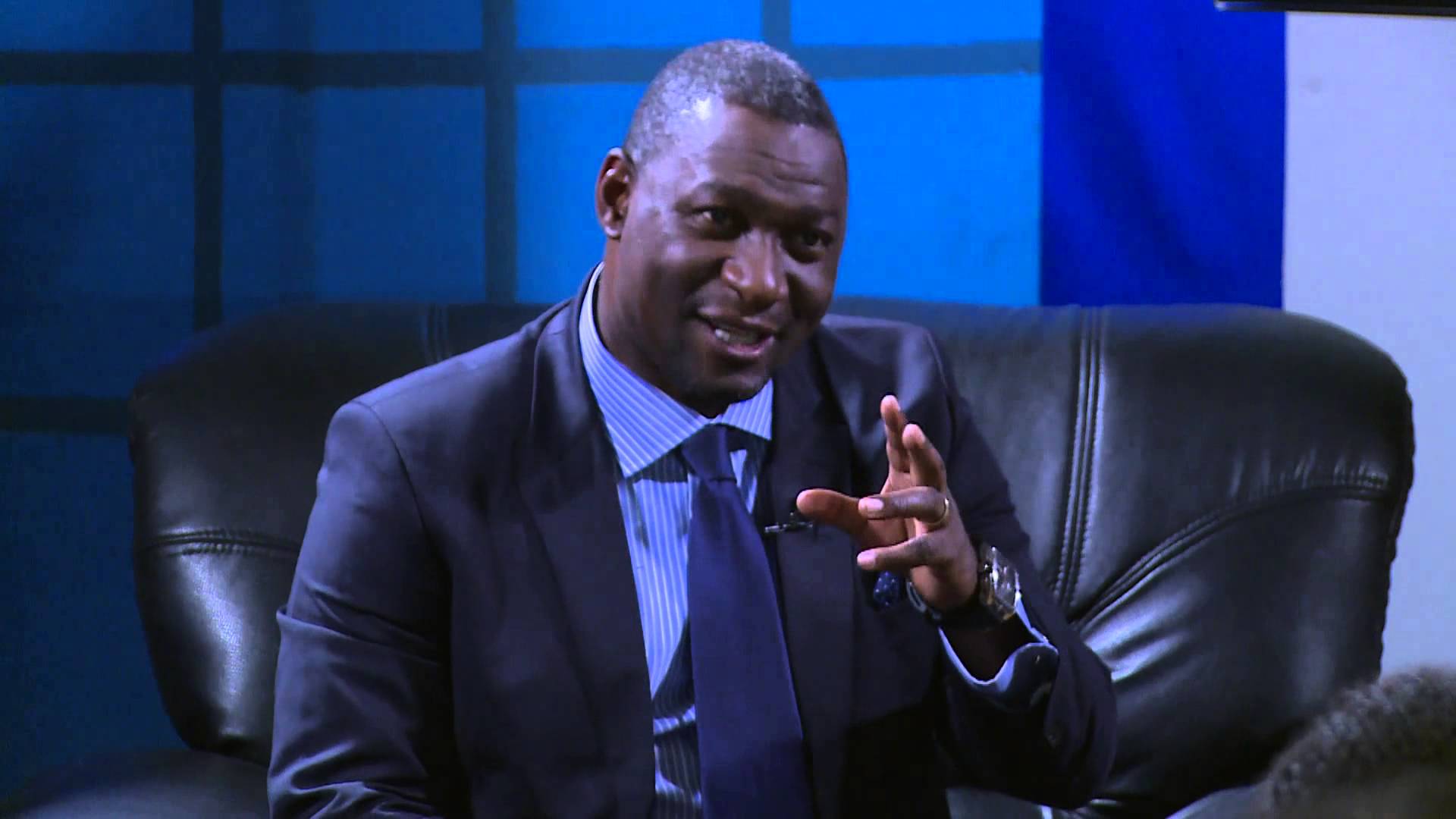
 Young Investment Professional (YIP) Graduate Programme 2019
Young Investment Professional (YIP) Graduate Programme 2019
Editor's Pick